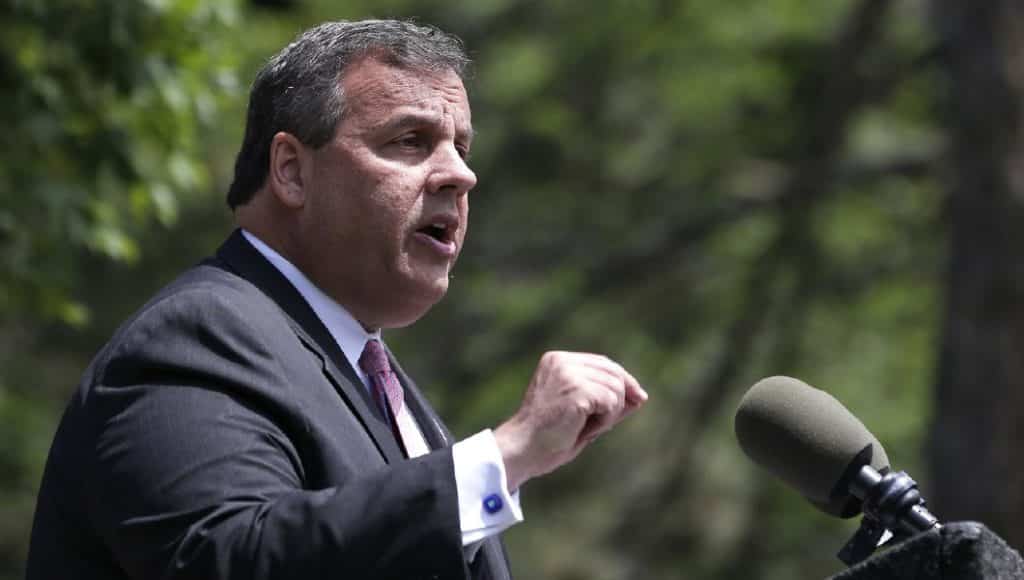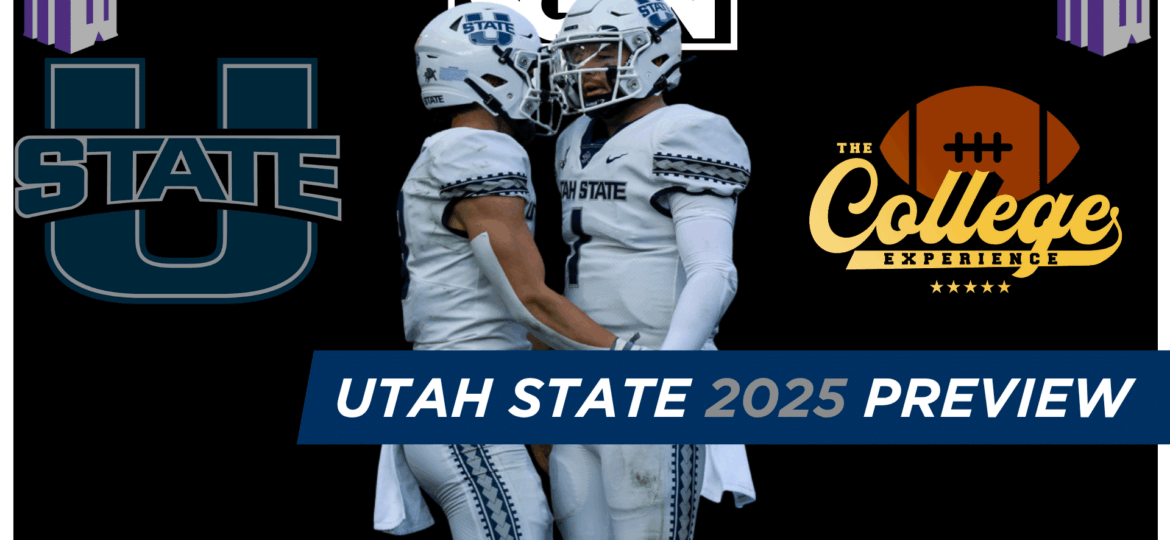Background: In 1992, the United States Congress passed the Professional and Amateur Sports Protection Act (PASPA), the legislation effectively aimed at outlawing the practice of sports betting throughout the nation. While a few specific outliers were provided for in the bill, most notably sports betting in the state of Nevada, PASPA has largely served its purpose of curtailing legalized or state-sponsored sports betting within the United States. At the time of its passage, sports betting was seen by politicians and leaders in sports industry alike as problematic, not only due to the issues of interstate commerce exacerbated by the fact that only specific states sanctioned the practice but also the moral hazards to the integrity of sports that are presented when large amounts of unaccounted for dollars are potentially at stake.
Pursuant to 28 U.S. Code § 3702, it became thenceforth illegal for a state or national government to “sponsor, operate, advertise, promote, license, or authorize” a gambling scheme based on amateur or professional athletics. Individuals or businesses who wished to set up their own sports gambling schemes pursuant to state law were also banned from doing so. (1) PASPA has now been in place for just over 25 years, and opposition towards it is beginning to mount. Those who favor repeal of the legislation not only clamor for the immense revenues that could be reaped by any government entity providing or sponsoring sports gambling ventures but also question its constitutionality — the tenth amendment to the Constitution explicitly reserves for states all rights that are not enumerated amongst the powers of the federal government, of which the regulation of sports gambling is certainly not one.
To that end, the state of New Jersey has begun to act as a thorn in the side of PASPA legislation and enforcement, with its citizens voting for an amendment to the State Constitution in 2011 that would legalize sports gambling within the state’s borders. The following year, the New Jersey State Legislature signed into law the Sports Wagering Act of 2012, which allowed for betting on professional and college sports events at both casinos and racetracks in the state of New Jersey. Gov. Chris Christie signed the bill into law on January 17, 2012. Later that year, the NCAA, NBA, NFL, NHL, and MLB sued Governor Christie, looking for an injunction against betting practices in the state. The collection of sports leagues won this case and, despite New Jersey’s attempts to appeal up to the highest possible court, the U.S. Supreme Court declined to hear the case at that time.
After the Sports Wagering Act was amended in 2014 to allow casinos and racetracks to provide betting products without the state giving any license or regulation, NCAA et. al once again sued to enjoin the new New Jersey model of legalized sports betting. (2) This case, referred to as Christie vs. NCAA II, is now being heard in the Supreme Court. While prognosticators tend to opine that Christie and New Jersey will win the case based on the questionable constitutionality of PASPA itself, it is clear that a larger conversation surrounding the future of sports betting in the United States is in store.
Facts and Figures:
- The American Gaming Association estimates that the illegal sports betting market has grown to $150 Billion a year. This money goes primarily to underground or offshore “bookies.” (3)
- In comparison, merely $4.3 Billion was wagered legally within Nevada casinos in the last year. (4)
- Twelve to fifteen million Americans are active sports bettors in illegal markets, and this number does not include “social” or “casual” bettors. (5)
- NBA Commissioner Adam Silver called for the repeal and replacement of PASPA in an opinion piece he wrote for the New York Times. (6)
Possible Courses of Action:
- Follow the eventual decision of the Supreme Court and leave States to either fight continued legal battles (if NCAA et. al win) or go on their own to establish, sponsor, and regulate sports betting products (if Christie and New Jersey win); leave whatever remains of PASPA in place.
The Supreme Court decision that will arrive at some point between now and the end of the Court session in June 2018 will have resounding effects on the nationwide condition of sports betting. If NCAA et. al wins the case and successfully enjoin current practices in New Jersey, states will have suffered a crushing blow in their quest to assert states’ rights in the face of PASPA. That decision would certainly reinforce PASPA as the law of the land by outlawing even the most limited connection between a government entity and sports betting. The state of New Jersey does not currently take an active approach to sports gambling, it merely turns a blind eye to it — such a supreme court ruling would ban the “blind eye” practice of decriminalization and thus reinforce the responsibility of federal and state authorities to crack down on what would become illegal sports gambling.
If Christie and New Jersey’s Sports Wagering Act of 2014 is upheld by the Supreme Court and its practices are allowed to persist within that state, many other states seem poised to launch their own unique legislation to create intrastate sports gambling frameworks that would be deemed legal under the Supreme Court’s partial repeal of PASPA. Thus, a possible course forward is to merely respect the will of the Supreme Court, whatever that may be, and take no further action at this time. States would be allowed to either continue fighting PASPA or try their hand at following New Jersey’s lead and establishing a unique product.
- Repeal PASPA fully and imply that sports gambling regulation should be fully up to the States themselves.
As stated earlier, the regulation of sports gambling is not one of the enumerated powers granted to the federal government in the United States Constitution. That fact, in conjuncture with the Tenth amendment which grants such powers explicitly to the States themselves, opens up another clear course of action for the United States government — to forget about the issue entirely and suggest to the states that it ought to be their own burden to work with the sports leagues, casinos, and state authorities to effectively establish and regulate an intrastate sports gambling industry if they are interested in doing so.
This course of action would not only side with the states but would serve as an acknowledgement of and repair for overstepping by the federal government. Repealing PASPA at this point would be effectively similar to lifting the federal criminalization of marijuana — a strong message indeed, but one that does not render the government overtly involved in next steps; rather, it sends a message to the states that they must decide on this issue on their own and, to that end, “figure it out themselves.”
- Introduce new comprehensive federal sports gambling legislation to replace PASPA.
This course of action satisfies the “PASPA is outdated” thesis and would allow for a revamped federal approach to the issue of sports betting. It is a matter of fact that the market for and attitude about sports betting have changed drastically since 1992 when PASPA was enacted. Not only are more and more people wagering legally in casinos in Nevada or other havens, billions of dollars are being spent each year illegally with non-sanctioned betting product operators. States that are strapped for cash, of which there are many, certainly feel the damage of these billions of dollars leaving the state untaxed and unaccounted for.
Thus, the United States Congress can consider a full overhaul of PASPA that would allow all states to authorize and regulate betting on professional sports, alongside which the federal government could place strict regulatory considerations or even a theoretical tax on such products themselves to boost federal revenues. This option brings the entire market aboveground, and maintains constitutionality because it would merely authorize the states to establish sports gambling if they desired to and regulate across state lines. Likewise, such legislation could use soft power to encourage states to adopt specific systems that would be more suitable to regulatory concerns.
Suggested Course of Action: The United States Congress should introduce new comprehensive federal sports gambling legislation to replace PASPA. Leaving the Supreme Court ruling, PASPA, and individual cases like New Jersey’s Sports Wagering Act to fester on their own is no longer a viable option for the federal government given the number of dollars that are potentially at stake with such an issue. It is economically irresponsible for state governments, along with the federal government, to see billions of dollars go untaxed and directly into the wallets of illegal betting product providers. Additionally, this option is more attractive than allowing the states to move forward without federal oversight. Without federal oversight, it seems likely that states will adopt unique practices and thus raise even further regulatory concerns over interstate commerce. With the power of federal legislation, the United States government can ensure strict regulatory guidelines and enforcement that would incentivize each individual state who sought to introduce gaming legislation within their borders would do so in the fashion ideally prescribed by the federal government. Such federal legislation, in respect of the constitution, would not commandeer states into specific practices but instead authorize states to establish their own practices.
CITATIONS:
(1): https://www.law.cornell.edu/uscode/text/28/3702
(2): https://ballotpedia.org/New_Jersey_Sports_Betting_Amendment,_Public_Question_1_(2011)
(3): https://www.cbsnews.com/news/supreme-court-taking-up-new-jersey-sports-betting-case/






















